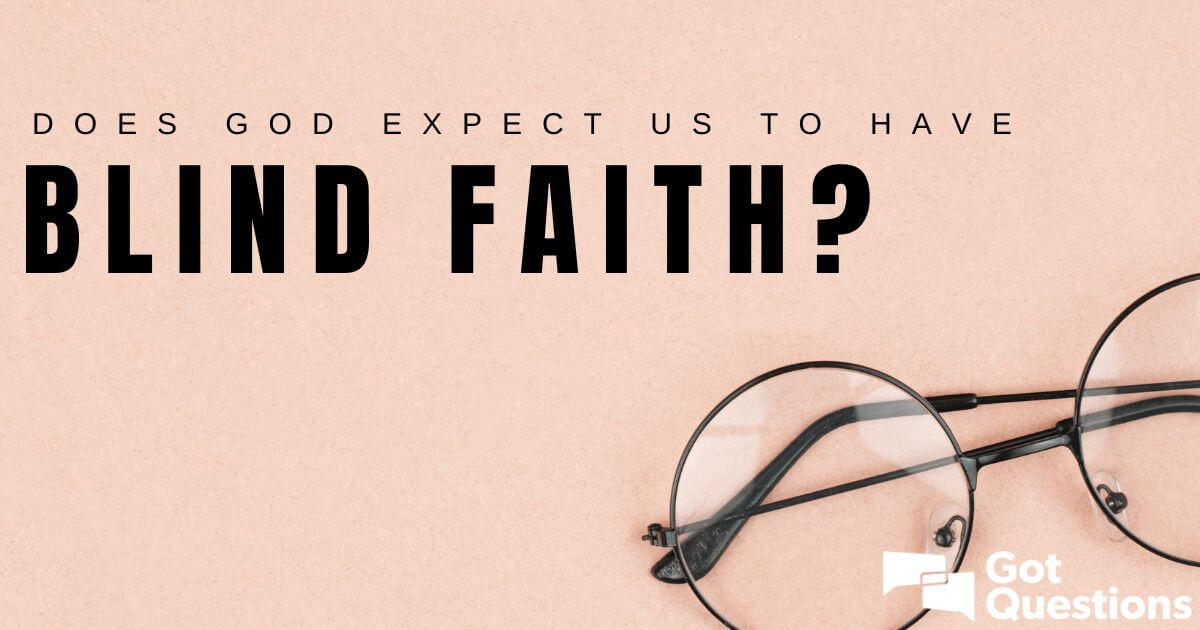John 20:
If God says it, that is sufficient reason for me to believe it. God does not lie. I don't need any more evidence to believe. I don't mind having blind faith in God's word.
Genesis 2:
Hebrews 11:29 Then Jesus told him, "Because you have seen me, you have believed; blessed are those who have not seen and yet have believed."
2 Corinthians 5:1 Faith is the substance of things hoped for, the evidence of things not seen.
All 3 verses indicate that faith is not-seen. Is faith by definition not-seen?7 For we live by faith, not by sight.
If God says it, that is sufficient reason for me to believe it. God does not lie. I don't need any more evidence to believe. I don't mind having blind faith in God's word.
Genesis 2:
What reason did Adam have to believe this warning?16 And the Lord God commanded the man, “You are free to eat from any tree in the garden; 17but you must not eat from the tree of the knowledge of good and evil, for when you eat from it you will certainly die.”




